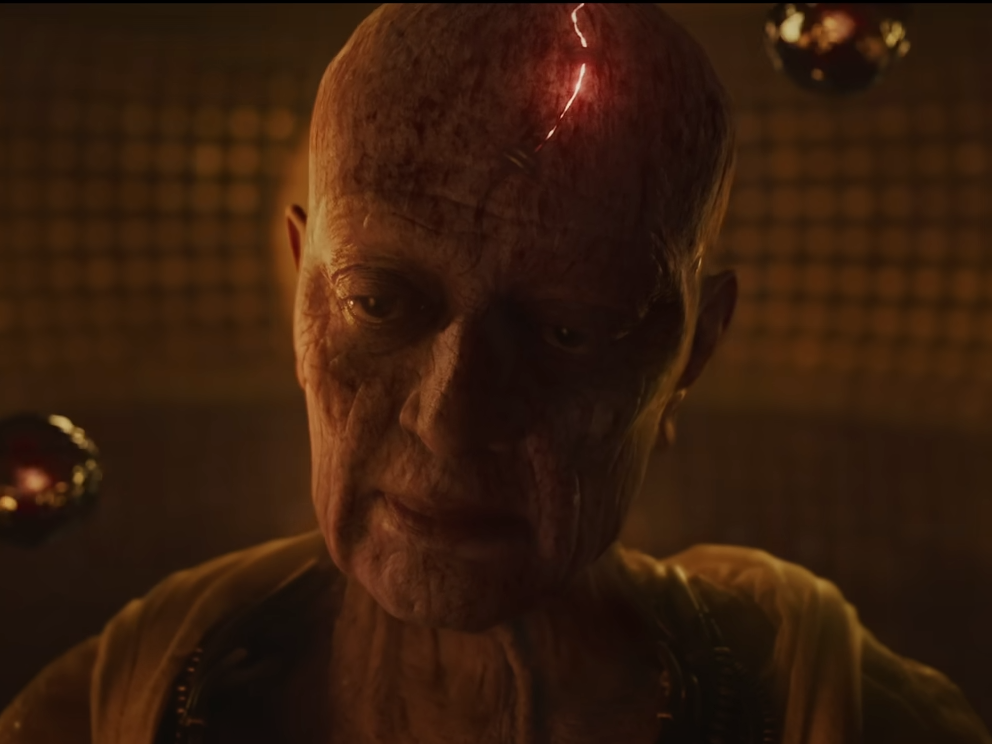How ‘Kalki 2898 AD’ Has Exceeded Expectations of the Indian Movie Industry
‘Kalki 2898 AD’
‘Kalki 2898 AD’ has swiftly become a landmark in the Indian movie industry, primarily due to its innovative approach to storytelling and its star-studded cast. Directed by the visionary Naga Ashwin and produced by the renowned Vyjayanthi Movies, this film seamlessly blends elements of science fiction with rich Hindu mythology. The narrative is set in a futuristic world where the protagonist, played by the versatile Prabhas, embarks on a transformative journey. The story intricately weaves themes of destiny, heroism, and existential questions, anchored in the mythological figure of Ashwathama. This proved the ever increasing quality of the movies made in Tollywood. A name for the movie industry located in Telugu speaking Indian states of Andhra Pradesh and Telangana. Which also happens to be place from where we saw successful movies like RRR and Bahubali series
The film also boasts an ensemble cast, including Bollywood icons like Amitabh Bachchan, Kamal Haasan, and Deepika Padukone. Each actor brings a unique depth to their characters, making the film a compelling watch. Amitabh Bachchan’s portrayal of a wise sage and Deepika Padukone’s enigmatic character add layers of intrigue and complexity to the narrative.

Before its release, ‘Kalki 2898 AD’ generated significant buzz, thanks to an aggressive marketing campaign and the high-profile names attached to the project. Trailers and teasers hinted at groundbreaking visual effects and a riveting storyline, setting high expectations among audiences and critics alike. The involvement of Mahindra Motors in designing the sci-fi car ‘Bujji’ further amplified the film’s appeal, showcasing an innovative blend of technology and creativity.

One of the unique aspects of ‘Kalki 2898 AD’ is its ability to merge traditional mythological elements with futuristic sci-fi, creating a narrative that resonates with a wide demographic. The film’s visual grandeur, combined with its thought-provoking plot, has set a new benchmark in Indian cinema, pushing the boundaries of storytelling and technological integration.
As the box office numbers continue to soar, ‘Kalki 2898 AD’ stands as a testament to the evolving landscape of Tollywood, demonstrating the potential for Indian films to compete on a global stage.
Box Office Success and Audience Reception
‘Kalki 2898 AD’ has made a significant impact at the box office, surpassing the expectations set by other recent Indian films. Its opening weekend earnings were an impressive ₹200 crore, establishing it as one of the highest-grossing debuts in Indian cinema history. The film continued its strong performance in the subsequent weeks, amassing a total revenue of ₹750 crore domestically by the end of its theatrical run.
Internationally, ‘Kalki 2898 AD’ has resonated well, particularly in markets such as the USA, UK, and the Middle East. The film’s global box office collection has surpassed ₹1,200 crore, marking it as a monumental success worldwide. This accomplishment places ‘Kalki 2898 AD’ alongside other Indian cinematic marvels like ‘Baahubali’ and ‘RRR’ in terms of financial performance.

Audience and critic reviews have been overwhelmingly positive. Renowned critic Rajeev Masand described the film as “a cinematic tour de force that pushes the boundaries of Indian storytelling.” Similarly, the Times of India lauded the film for its “stunning visual effects and compelling narrative,” awarding it a 4.5 out of 5-star rating. Audience feedback has echoed these sentiments, with many praising the performances of Prabhas, Deepika Padukone, and Amitabh Bachchan. The integration of Hindu mythology with a futuristic setting has particularly captivated viewers.
Overall, ‘Kalki 2898 AD’ has not only achieved remarkable financial success but has also been embraced by audiences and critics alike. Its blend of mythological elements and futuristic storytelling has set a new benchmark in the Indian movie industry, promising a bright future for similar genre films.
Technical and Artistic Merits

‘Kalki 2898 AD’ stands as a testament to the evolution of Indian cinema, particularly in its technical and artistic achievements. Directed by Naga Ashwin, this film has garnered significant acclaim for its outstanding cinematography, special effects, and sound design.
The visual spectacle crafted by cinematographer Dani Sanchez-Lopez has set a new benchmark in the industry. Every frame is meticulously composed, bringing the futuristic world of ‘Kalki 2898 AD’ to life with stunning detail and vibrant colors.
The special effects, a crucial component of this sci-fi epic, have been executed with impeccable precision. The integration of CGI with live-action sequences is seamless, providing an immersive experience that rivals even the best of Hollywood. A standout sequence involves the sci-fi car Bujji, developed in collaboration with Mahindra Motors, which has captivated audiences with its futuristic design and high-octane chase scenes.
Sound design, often an unsung hero in cinema, plays a pivotal role in ‘Kalki 2898 AD’. The musical score by Santhosh Narayanan further elevates the film, blending traditional and futuristic elements to underscore the story’s epic scale.
On the artistic front, the screenplay, co-written by Naga Ashwin along with Rutham Samar, Sai Madhav Burra and B. S. Sarawagna Kumar, intricately weaves elements of Hindu mythology with a visionary sci-fi narrative. This fusion is not just innovative but also resonates deeply with audiences familiar with tales of Ashwathama and other mythological figures. The direction by Naga Ashwin is commendable, balancing complex storytelling with engaging pacing.
The acting performances have also been a highlight. Prabhas, in the titular role, delivers a nuanced performance, supported by a stellar cast including Amitabh Bachan, Kamal Hasan, and Deepika Padukone. Each actor brings depth and authenticity to their characters, enhancing the film’s emotional and dramatic weight. These combined efforts have resulted in a film that is both technically proficient and artistically profound, pushing the boundaries of what Indian cinema can achieve.
Impact on the Indian Movie Industry
‘Kalki 2898 AD’ has profoundly impacted the Indian movie industry, setting new benchmarks for both production quality and storytelling. Directed by the visionary Naga Ashwin and starring prominent actors such as Prabhas, Amitabh Bachchan, Deepika Padukone, and Kamal Haasan, the film showcases a blend of talent and technology that has rarely been seen in Indian cinema. The movie’s intricate narrative, rooted in Hindu mythology yet set in a futuristic world, has redefined the scope of storytelling within the industry. It has demonstrated that Indian films can delve into complex themes while maintaining mass appeal, thereby pushing the boundaries of what is expected from Bollywood productions.

One of the most significant contributions of ‘Kalki 2898 AD’ is its enhancement of the global perception of Indian cinema. For years, Bollywood has been synonymous with musical dramas and romantic comedies. However, this movie has showcased the industry’s ability to produce high-concept, visually stunning films that can stand toe-to-toe with Hollywood blockbusters.
The film’s success has opened doors for Indian filmmakers to explore new genres, particularly in the realm of science fiction and fantasy, which have been relatively untapped in the Indian context.
The production quality of ‘Kalki 2898 AD’ has set a new standard, with Mahindra Motors’ futuristic sci-fi car Bujji being a prime example of cutting-edge set design and visual effects. The meticulous attention to detail in the movie’s aesthetics has raised the bar for future Indian films, encouraging a higher level of investment in technology and post-production processes. This shift is likely to inspire a wave of similar high-concept projects, potentially leading to sequels or entirely new franchises that explore innovative narratives and advanced filmmaking techniques.
In the long term, the success of ‘Kalki 2898 AD’ at the box office and its critical acclaim are expected to have lasting effects on the Indian movie industry. It has paved the way for more ambitious projects, fostering a culture of creativity and innovation. As filmmakers and producers strive to emulate its success, the industry is poised for a transformative period, characterized by a surge in high-quality, globally appealing content. This evolution not only elevates the standard of Indian cinema but also positions it as a formidable player on the global stage.
